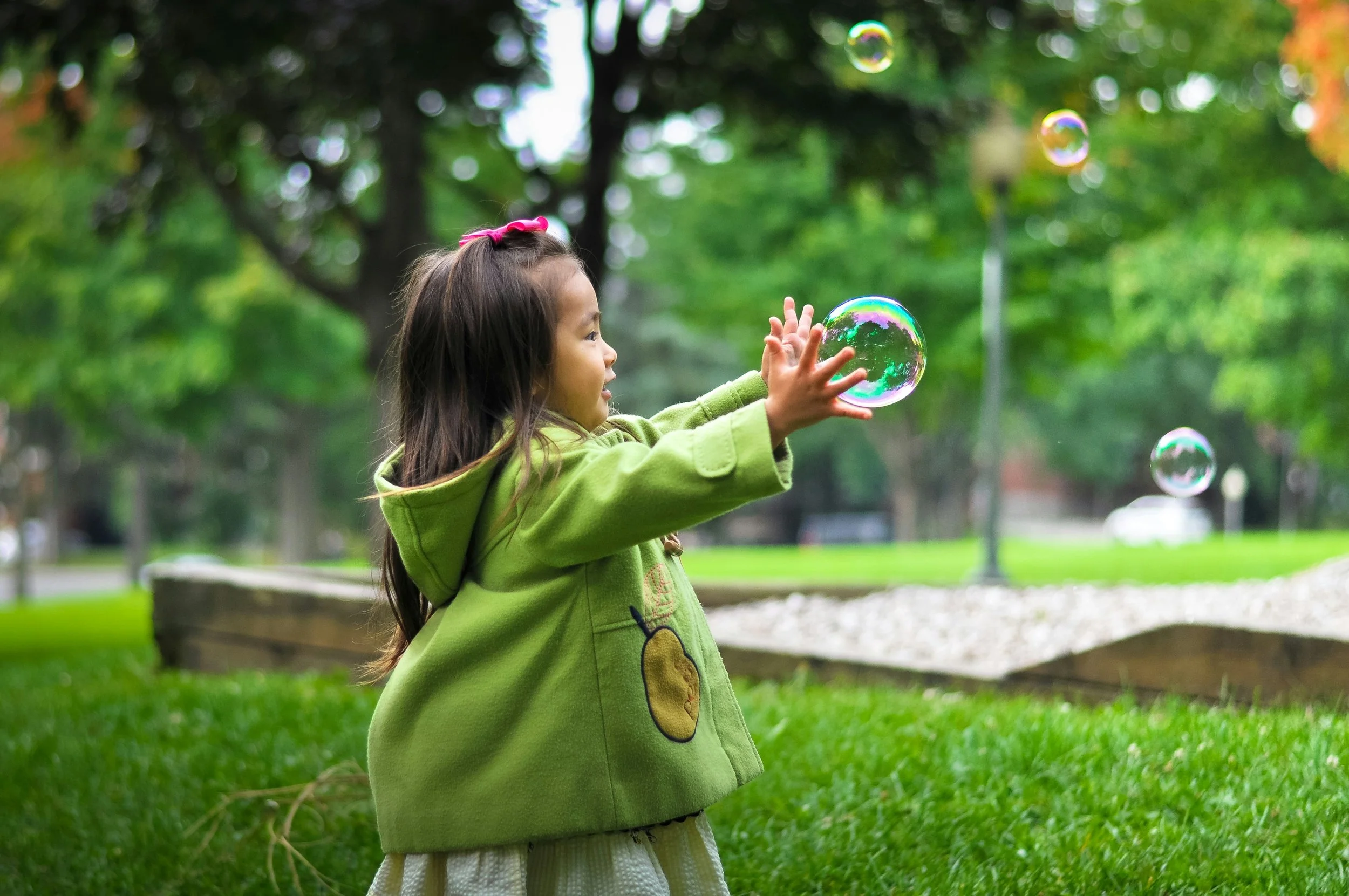
Tips + Touchpoints
Articles and videos to give you a sense of my parent coaching style
Quick Video Tips
Trust Your Gut…
Parenting resources are invaluable maps, but they should never replace your internal GPS
10 things I wish I had known sooner as a parent
Listicle of great parenting tips for everyone
The Best Parenting Hack is YOU!
Find out the best parenting hack. It’s free, at your fingertips and will bring you closer to your kids.
Seeing Struggles As Gifts
When kids struggle how to we support them while also building their confidence and emotional resilience.
From Milestones to Mysteries: A Parent's Guide to Embracing Uncertainty in Raising Kids
When my kids were young I took comfort in the developmental benchmarks that I could follow to make sure they were on track.
Building Strong Bonds: A Guide to Healthy Relationships for Teens
Raising teenagers can feel like navigating a complex maze of emotions, school stress, and ever-evolving social circles.
Cultivating Resilience in Your Teen
Remember that bouncy ball you played with as a kid? The one that no matter how hard you threw it, always bounced back up?
Conquering Common Challenges with Your Teenager
Navigating the teenage years can feel like a constant rollercoaster – moments of pure joy followed by seemingly insurmountable challenges.
Navigating the Maze of Communication with Your Teen
We all know the struggle: those slammed doors, the monosyllabic answers, the seemingly endless abyss between our attempts at connection and their desire for independence.
Making Emotional Wellness Part of Your Family Culture
Recently I gave a webinar titled "Supporting the Mental Health and Well Being of Your Teen".
The #1 Strategy for Making Meltdowns Easier!
You’ve just entered Target with the kids in tow to grab a few things. You let them know ahead of time that you won't be going to the toy section and you won’t be buying anything for them.
6 Ways to Turn Parenting Challenges into Opportunities!
Parenting can feel like a roller coaster ride that never ends.
8 Ways to Foster Independence in Your Kids!
July 4th is just around the corner. I know it sounds kind of corny, but I use the holiday to reflect on my children’s growing independence.
3 Things to Do When Your Child is Having a BIG Meltdown
When your child is in the middle of a huge meltdown, it can be difficult to know what to do.
5 Things You Can Do When You Want to Quit Parenthood
Raising teens is hard, but I didn’t realize how triggering all of those BIG emotions were going to be for me at this stage in the game.
Making Connection a Priority Even in Busy Times
I don’t know about you, but all of the sudden life has taken on a pace that feels like I am on a bullet train.
How to Make Big Changes in Your Parenting in 2023. It’s Easier Than it Sounds, I Promise!
Time and time again, with clients, I find that the smallest changes can actually make the biggest difference in moving the needle towards change.


















